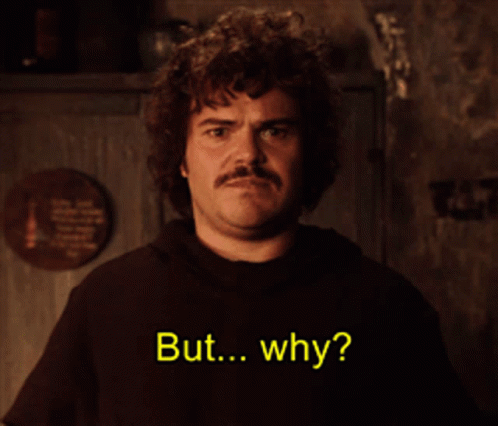What Causes Your Insurance Premium to Go Up?

If you've ever received a renewal bill for your insurance policy and noticed an increase in your premium, you're not alone. Many people wonder why their insurance costs more than it did before. While some premium increases can be attributed to across-the-board rate hikes, there are other factors that may be specific to you.
Why Did My Premium Go Up?

Insurance companies use actuaries to help predict the likelihood of a customer filing a claim. Actuaries use mathematics, financial theory, and statistics to forecast the cost and probability of an event. The higher the probability of a claim, the more the insurance company can justify charging higher premiums.
Having a Claims History
One of the reasons your premiums may have risen is due to your claims history. Insurance companies view a history of claims as an indication that you're more likely to make another one. For example, if you've made claims on your home insurance policy in the past, even if you weren't the homeowner who made the claims, your premiums could still go up. Car insurance claims are also registered, and your rates may increase if you've made a lot of claims, regardless of fault, because you pose a higher risk statistically.
Low Credit Score
Did you know that auto insurance companies check your credit score? That's because they've determined that people with low credit scores are more likely to get into accidents than those with high scores. So, if you have a lower credit score, you might end up paying more for insurance. It's important to keep an eye on your credit score and improve it if necessary. Some states prohibit insurers from using credit scores when setting rates, so make sure to check the laws in your area.
Driving Record
It's no surprise that your driving record affects your car insurance premiums. But did you know that your life and health insurance rates can also be affected by your driving record? If you've had more than two moving violations in the past three years, including speeding, reckless driving, and DWI/DUI, life insurers consider you a higher risk for auto fatalities, which means they have a higher chance of paying out. Similarly, if you've had a DWI/DUI in the past, you'll likely pay higher premiums and deductibles for health insurance, and you may even be denied coverage altogether.
Zip Code
If you move, you might see an increase in your insurance premiums. Insurance rates can vary depending on your zip code, the cost of medical care in the area, and population health factors like the local obesity rate. A study by CarInsurance.com showed that a 40-year-old man with a 2012 Honda Accord and a clean driving record would pay about $730 per year for insurance in Bullhead City, Ariz., but his premium would jump to $1,280 a year if he moved a few miles away to Laughlin, Nev.
Claim History
The question on many people's minds is whether their rates will automatically increase if they make a claim. The short answer is that it depends on who or what is at fault. A single claim will not normally trigger higher rates for homeowner policies, but two in three years probably will, depending on the insurer. However, most companies won't raise rates if the claim results from severe weather or some other catastrophe.
If you were at fault for the claim, you'll likely see an increase when it's time to renew your policy. On the other hand, if your car was damaged due to a reckless driver or a fallen tree, your rates probably won't go up.
Understanding why your insurance premiums have gone up can help you make informed decisions about your coverage. Keep these factors in mind and make sure to shop around for the best rates.
Luna - Your Insurance Shopper
It's important to shop for auto insurance before renewing your policy because rates can vary widely between insurance companies, and you could be missing out on savings. Insurance companies are constantly adjusting their rates based on a variety of factors, including your age, location, driving history, and even your credit score.

By taking the time to shop around, you can compare rates and coverage options from multiple insurers and find the best deal that meets your needs. Additionally, if your circumstances have changed since you first signed up for insurance, such as moving to a new location or purchasing a new car, you may need to update your coverage to ensure you're adequately protected. By shopping for insurance, you can evaluate your options and make an informed decision that can save you money and provide you with the protection you need. Luna offers you all of this and more.





